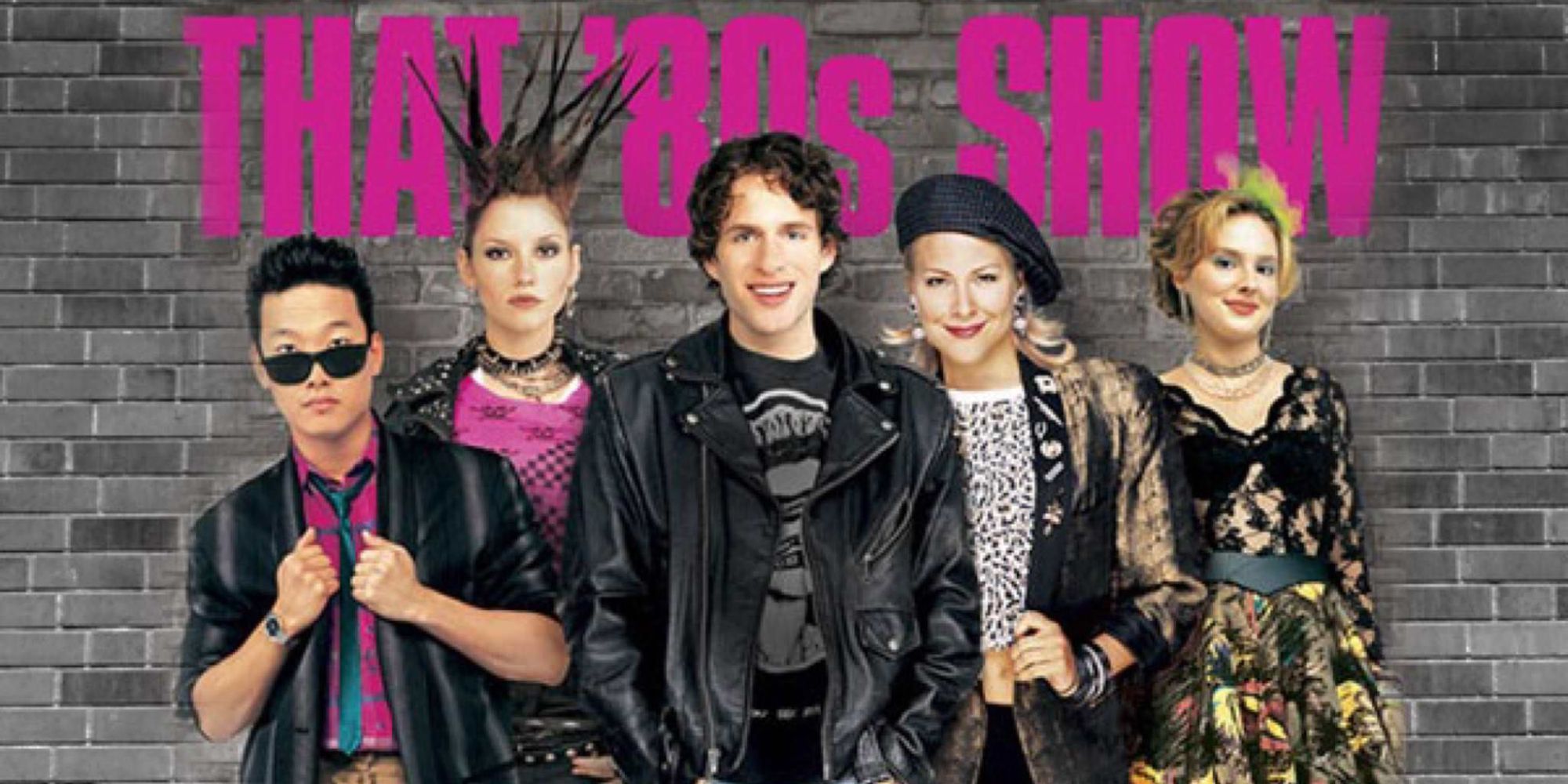
Pretty much everyone who's watched television in the past two decades has at least heard of That '70s Show, if not watched several episodes. Not only is the show rather well-known, but it's equally as well-received and iconic. The same can not be said, however, for its failed spinoff That '80s Show.
Featuring a much less interesting cast, poor humor and an era that people weren't yet nostalgic for, That '80s Show was a ratings and review disaster. It's been almost entirely forgotten by even diehard fans and is generally seen as one of the worst examples of an attempted spinoff show ever. The upcoming Netflix series That '90s Show will be a sequel to That '70s Show, but there are some key lessons that it should learn from the first failed spinoff in order to truly succeed.
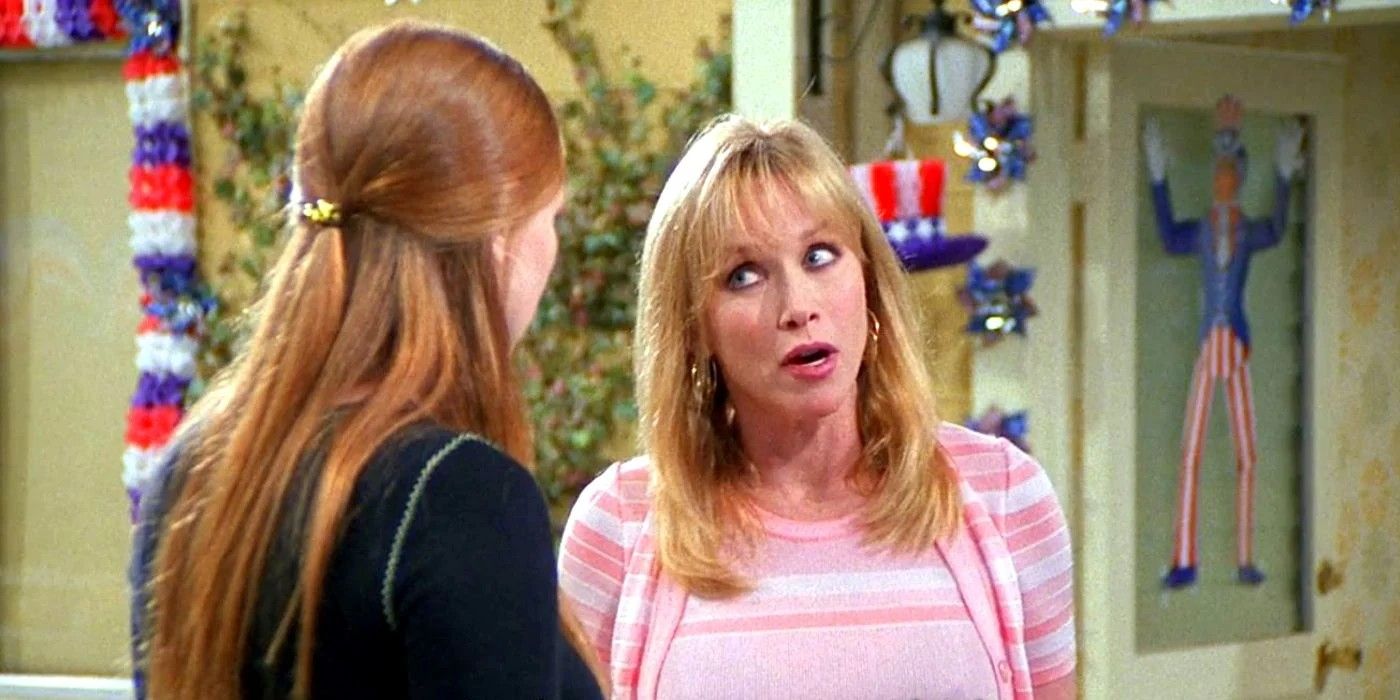
At the time that That '80s Show was produced, That '70s Show was incredibly popular, hence the making of a spinoff. The problem, however, was that despite the name and one other element, there was almost no real connection to the show that it spun off from. That '80s Show wasn't a sequel to That '70s Show, nor did any of the characters from that show appear in the spinoff. Corey Howard, the star of the spinoff, was the first cousin of Eric Forman, but this never amounted to any real continuity between the shows.
Thus, people expecting to see older versions of their favorite characters or even just the slightest bit of connection were let down. The fact that the show went out of its way to tie Eric and Corey together only makes the lack of connection otherwise even more egregious.
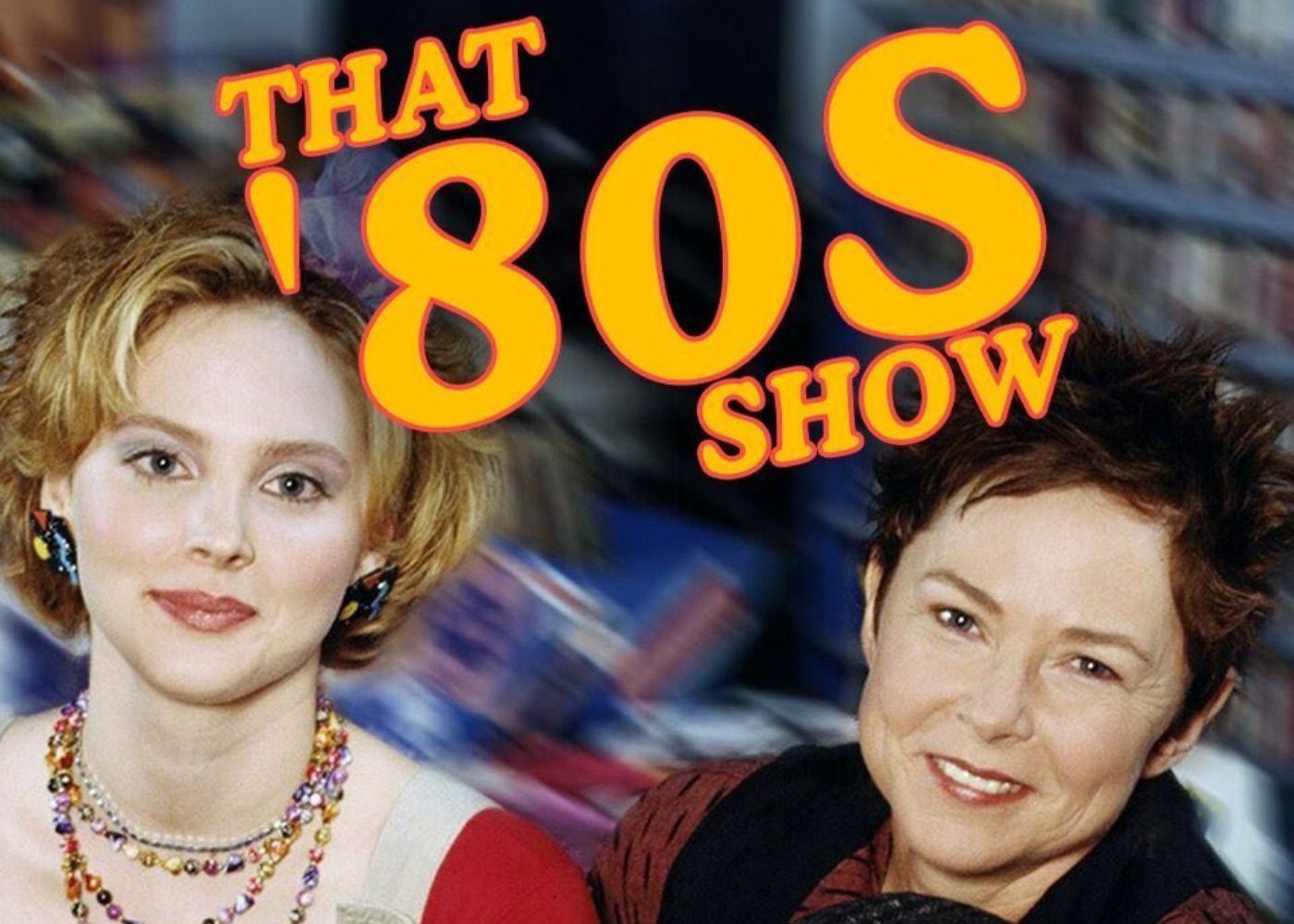
The cast of That '70s Show was made up of teenagers and their middle-aged parents, with both sides of the cast reaching different audiences. Some fans have remarked that adult characters like Red and Kitty Forman were their favorites, with their humor and recurring gags being different from their younger castmates.
The cast was also fairly developed beyond just humor, making them comparatively deep for a laugh-track sitcom. While one half of the characters represented the rebellious youth of the 1970s and their struggles, their parents represented trying or refusing to understand their differences. The cast of That '80s Show, however, lacked this dual perspective and was instead focused almost entirely on 20-somethings. This made them too young to be wizened older adults and too old to be wide-eyed yet rebellious kids. Thus, they couldn't accurately be used to discover either the fun or the hardships of the era,
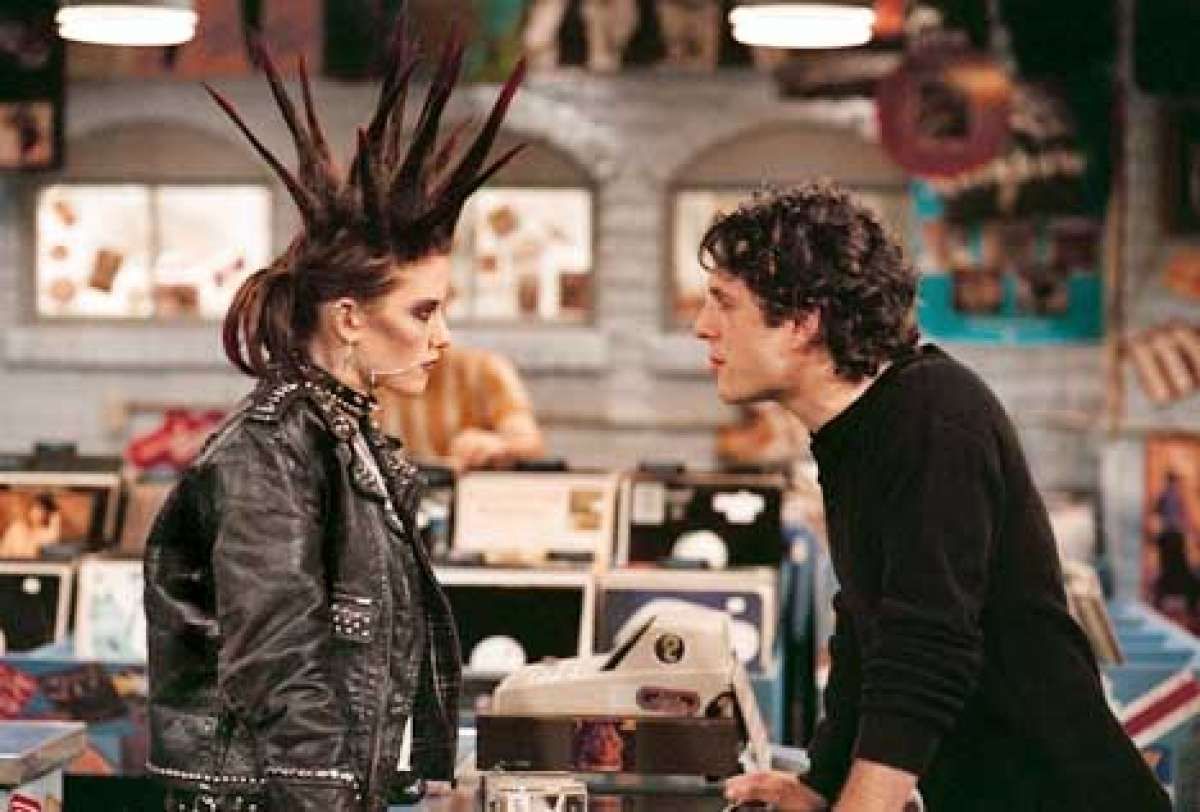
The biggest sin of the show was that it just wasn't funny. This stemmed mainly from what it focused on, which were cheap gags based around the era that could be seen coming from a mile away. Almost the entirety of the show's humor involved poking fun at some obvious element of the '80s, but what was meant to be tongue in cheek was instead merely cringe inducing.
This contrasted That '70s Show, which was simply a funny show regardless of the era of its setting. While some of the jokes involved pop culture elements of that time period, it mainly stemmed from the characters themselves and their style of humor. For instance, the jokes behind overly sexual foreigner Fez had nothing to do with the '70s at large and were merely funny. On the other hand, That '80s Show was a giant laugh at '80s fads and nothing else, with the lack of actual humor making this even more uninteresting.
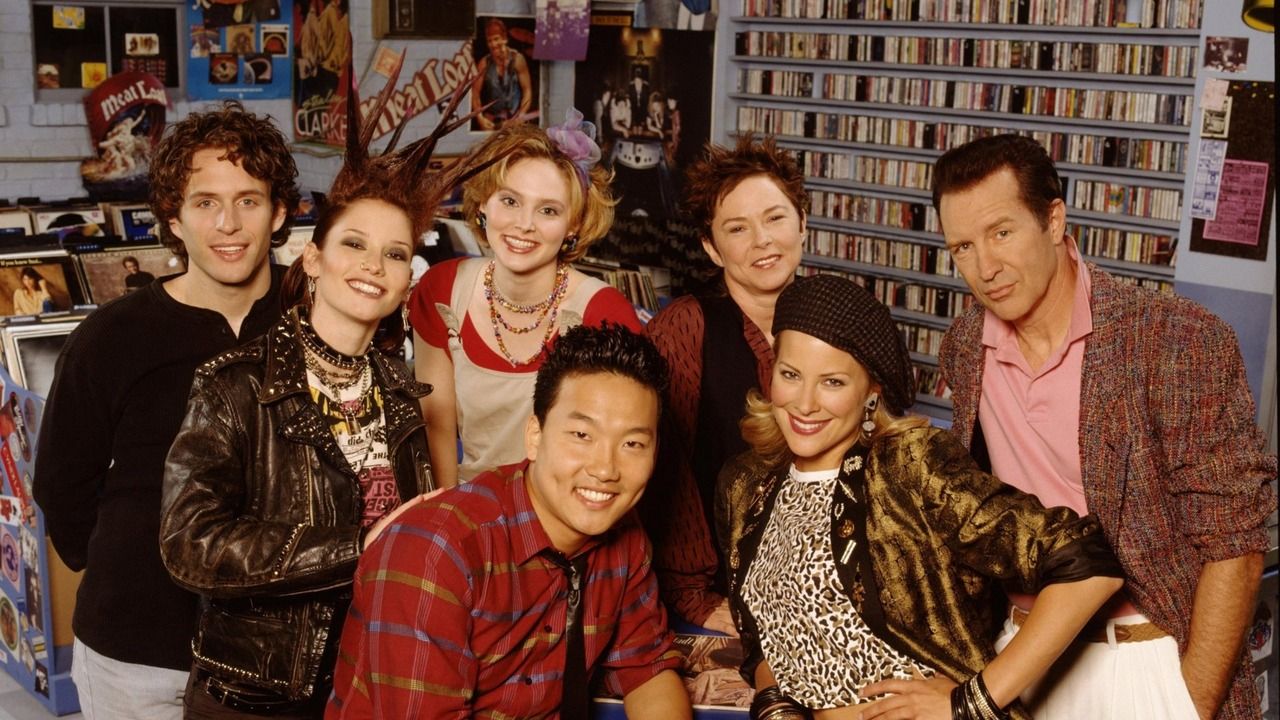
The '70s weren't quite as ingrained in the collective consciousness by the time that That '70s Show really hit its stride, allowing people to actually be somewhat nostalgic for the era when they watched the show. Conversely, That '80s Show tried to do the same for a time period that still felt way too recent to many audiences, attempting to bank off of nostalgia for what felt like a metaphorical month ago. That certainly isn't the problem with media today, which is nothing but a series of retreads or callbacks to the 1980s.
1990s nostalgia is finally getting into full swing, but that won't be enough. That '90s Show has to avoid these issues, creating a lovable and funny cast beloved by different generations regardless of the era. Likewise, while '90s nostalgia can and should be utilized, it shouldn't be the focus of the show or its humor, and instead a much more timeless sitcom should be the result.
0 Comments